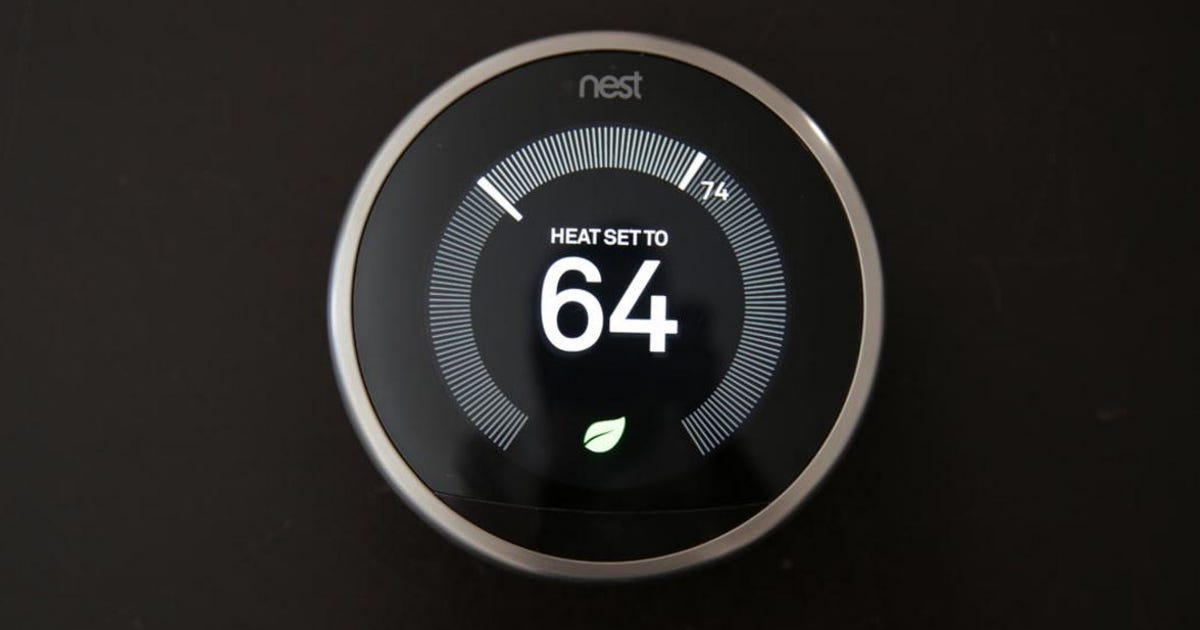Heat Pump Vs. Furnace: Learn The Difference Between These Two Heat Sources
Heat pump vs furnace learn the difference between these and this heat pump vs furnace learn the bible in 24 heat pump vs furnace learn to type heat pump vs furnace learningapps rv heat pump vs furnace heat pump vs gas furnace heat pump vs electric heat heat pump vs mini split heat pump vs conventional

Heat pump vs. furnace: Learn the difference between these two heat sources
As a homeowner, you know the importance of controlling the temperature in your home, especially when it comes to keeping your home warm during the winter. One question that homeowners must answer is whether to buy a heat pump or a furnace. Each heating solution has some serious advantages and is better in certain situations.
In this article, we'll explore the primary differences between a heat pump and a furnace, including their cost, installation, performance and more. Then, we'll help you decide which is right for you.
What is a heat pump?
A heat pump is a part of a home heating and cooling system and an energy-efficient alternative to a furnace and air conditioner. A heat pump uses electricity to transfer heat from a cool space to a warm one. In the winter, it takes the heat from outdoors and uses it to heat your home. And during the summer, it moves the heat from inside your home to outside to cool your home.
A heat pump is more efficient than a furnace because it doesn't actually generate heat -- it simply relocates it. And even though it doesn't generate heat, it can still provide for a comfortable temperature in your home.
What is a furnace?
A furnace is the type of heating system that most homeowners are more familiar with. This home appliance uses fuel -- often natural gas -- to generate electricity in your home. Using either a pilot light or an electronic ignition, your furnace creates heat and blows it through your home.
The primary components of a furnace are the burner that burns the fuel, the heat exchangers that transfer the heat, a blower fan to distribute the heat in your home, and a flue to serve as an exhaust for gaseous by-products.
Heat pump vs. furnace
Cost
One of the first questions that homeowners are likely to ask when comparing a heat pump and a furnace is which costs more. First, your costs will depend on what your home is already equipped for. Homes with direct access to natural gas may find that a furnace is more affordable. On the other hand, a home without natural gas access will likely pay more to install the furnace. But everything else being equal, a heat pump is usually more affordable.
Maintenance
While both a heat pump and a furnace will require some recurring maintenance, the maintenance requirements for a furnace are lower than those for a heat pump. As a result, your long-term maintenance costs will also be greater for your heat pump.
Performance
The performance difference between a heat pump and a furnace varies significantly depending on where you live. Remember that while furnaces generate heat, heat pumps only transfer it from the outside. In moderate temperatures, a heat pump is likely to work better. That's not to say a heat pump won't work in colder climates -- a heat pump can draw heat from outside even when the temperature is below freezing. But the colder it gets, the more difficult it is for the heat pump to transfer heat. Meanwhile, a furnace will continue to generate heat even in cold climates.
Energy usage
One of the greatest benefits of a heat pump is its energy efficiency. As we've mentioned, furnaces generate heat while heat pumps only transfer it. As a result, heat pumps need significantly less energy to operate. That being said, remember that heat pumps have to work harder than furnaces in cold weather to keep your home warm. If you live in a cold climate, a furnace may actually be more energy efficient.
Expected lifespan
A properly maintained gas furnace can have a lifespan of 20 years or more. On the other hand, even a well-maintained heat pump heater will have a lifespan closer to 15 years. As a result, a furnace has a longer expected lifespan in most cases.
The bottom line
Now that we've broken down the characteristics of both heat pumps and furnaces, you're probably wondering: Which is better? There's not necessarily one option that's better than the rest. While both the heat pump and furnace have certain advantages, the right heating solution for you largely depends on your situation.
A heat pump might be the better option if you live in a mild climate. In that situation, a heat pump can transfer heat into your home rather than generate new heat, and it's more energy-efficient than a furnace in those situations.
A furnace is probably the right choice for you if you live in an area where it gets very cold during the winter. While a furnace isn't generally as energy efficient as a heat pump in mild climates, heat pumps struggle to keep up in cold temperatures. As a result, a furnace that generates its own heat will perform more efficiently in that type of weather.
More for home heating
Source
